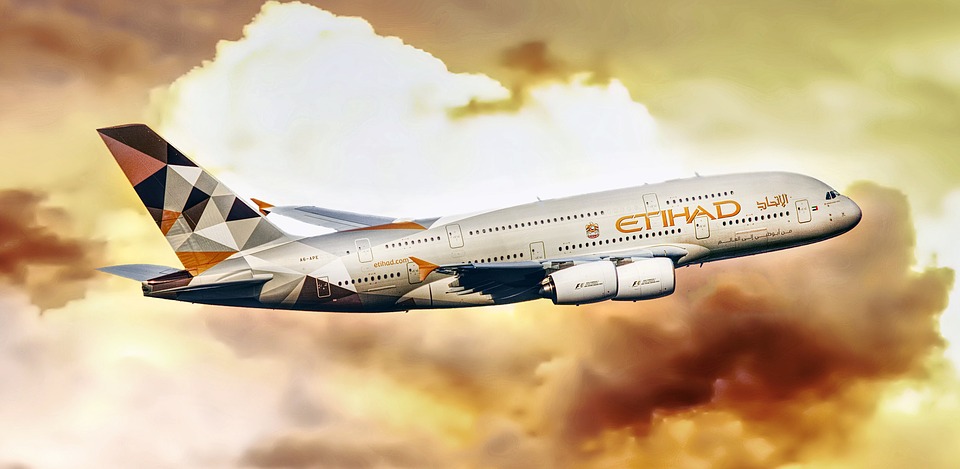Etihad Airways successfully eliminated around 195,000 tonnes of carbon dioxide emissions in 2017, thanks to a wide range of fuel-saving initiatives across its network.
Following a number of improvements aimed at enhancing operational efficiencies, Etihad was able to reduce the amount of fuel consumed by its aircraft by over 62,000 tonnes of fuel. The result represents a 3.3 per cent improvement from the year before, and is the equivalent of 850 flights between Abu Dhabi and London.
For instance, flight plan adjustments across the network reduced approximately 900 hours of flying time, leading to a saving of 5,400 tonnes of fuel and eliminating approximately 17,000 tonnes of carbon dioxide emissions.
Last year, Etihad Airways also retired several older aircraft in favour of the Boeing 787, one of the most fuel efficient commercial aircraft in operation due to its lightweight composite structure. Etihad currently operates 19 Boeing 787s in its 115-strong fleet of passenger and cargo aircraft, which is one of the youngest in the skies at an average age of 5.4 years.
Richard Hill, Chief Operations Officer at Etihad Airways, said: "2017 was a particularly good year for fuel efficiency. The combination of retiring some of our older aircraft and increasing the proportion of Boeing 787 aircraft within our fleet, together with optimising our flight paths among a range of other initiatives has made a noticeable improvement to our fuel consumption and emissions profile."
Etihad also strengthened its collaboration with air traffic control providers at many of the major airports to which it operates, in particular in Abu Dhabi, in order to improve the efficiency of many of the descent and approach profiles…



